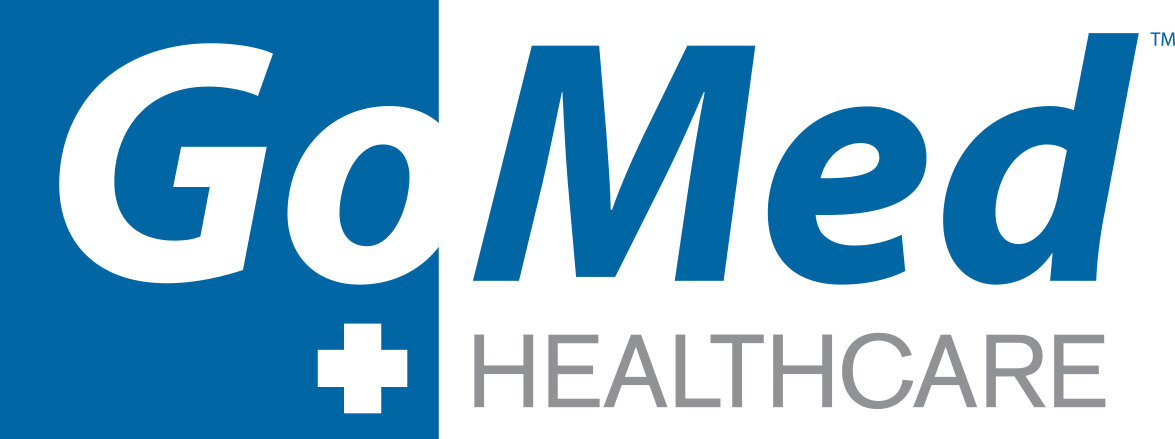Who Hires the Most Nurses?
The demand for nurses is ever-growing, and various healthcare settings actively recruit registered nurses (RNs). Among these, general medical and surgical hospitals lead the way, employing a staggering 1,560,200 RNs across the United States. Following closely are offices of physicians and home health care services1. These institutions recognize the pivotal role RNs play in patient care, making them an indispensable part of the healthcare workforce.
How Hard Is It to Get Hired as a Nurse?
Becoming an RN involves dedication and effort. Nursing schools are selective, favoring candidates with strong academic records and the ability to thrive in busy healthcare environments. Aspiring nursing students navigate lengthy application procedures and often apply to multiple schools to enhance their acceptance chances.
Financial aid may be necessary to afford nursing education. Once licensed, RNs must pass rigorous nursing exams and demonstrate compassion, selflessness, and a deep understanding of medications and patient care2.
The Role of a Registered Nurse
Registered nurses provide comprehensive care to patients across various healthcare settings, including hospitals, clinics, schools, and nursing homes. Their responsibilities include:
- Patient Care: RNs assess, monitor, and administer treatments to patients. They collaborate with physicians, manage medications, and ensure patients’ well-being.
- Education: RNs educate patients and the public about illnesses, diseases, and health conditions. They empower individuals to make informed decisions about their health.
- Coordination: RNs play a crucial role in coordinating healthcare. They ensure smooth operations, effective communication, and quality care delivery.
- Advocacy: RNs advocate for patients’ rights, ensuring they receive appropriate care and support.
- Critical Thinking: RNs make critical decisions, interpret data, and respond swiftly to emergencies.
In-Demand Nursing Specialties
Several nursing specialties are in high demand:
- Nurse Practitioners (NPs): With advanced training, long term NPs diagnose, treat, and manage patients independently.
- Critical Care Nurses: These RNs work in intensive care units (ICUs) and handle complex cases.
- Emergency Room Nurses: ER nurses excel in fast-paced, high-pressure environments.
- Labor and Delivery Nurses: L&D nurses assist during childbirth and provide prenatal and postpartum care.
- Geriatric Nurses: As the population ages, geriatric nurses are essential for elderly patient care.
Navigating Challenges
New nurses often face hurdles:
- Transition Shock: Adjusting from student to professional nurse can be overwhelming.
- Lack of Experience: Employers may prefer experienced nurses, making it challenging for new grads.
- Job Market Competition: Despite a nursing shortage, securing that first job can be tough3.
What Type of Nurse Is Most in Demand?
Several nursing specialties are currently in high demand with sign on bonus:
- Critical Care Nurses: These skilled professionals work in intensive care units (ICUs) and handle life-threatening situations at skilled nursing facility Their quick decision-making abilities and expertise are crucial for patient survival.
- Certified Nurse Midwives: Specializing in women’s health, nurse midwives provide prenatal care, assist with deliveries, and offer family planning services.
- Certified Dialysis Nurses: With expertise in nephrology, these nurses care for patients with kidney diseases, manage dialysis treatments, and educate patients on kidney health.
- Neonatal ICU Nurses: These compassionate nurses care for premature or critically ill newborns in neonatal intensive care units. Their work involves monitoring fragile infants and supporting their families.
What Is the Hardest Nursing Job?
While nursing is rewarding, some roles come with unique challenges:
- Intensive Care Unit (ICU) Nurses: Working in high-pressure environments, ICU nurses make split-second decisions that impact patient outcomes. The emotional toll and ethical dilemmas can lead to burnout.
- Emergency Room (ER) Nurses: ER nurses face unpredictable situations, treating patients with diverse needs. The fast-paced nature of the ER can be exhilarating but also stressful.
- Neonatal ICU Nurses: Caring for fragile newborns requires immense strength. NICU nurses witness the struggles of premature infants and provide emotional support to families.
Why Am I Not Getting Hired as a Nurse?
Several factors may hinder your job search:
- Criminal Convictions: Most employers avoid hiring candidates with prior criminal records.
- Lack of Experience: New graduates may face challenges due to limited experience.
- Documentation Issues: Ensure you have all necessary credentials and continuing education records.
- Negative Interview Behavior: Avoid speaking negatively about previous employers or focusing solely on your shift preferences.
Why Is It So Hard to Find a Nursing Job?
Factors include market saturation, competition, and specific facility requirements. New nurses often encounter part time challenges due to their limited experience. However, persistence, networking, and a positive attitude can lead to success.
Why Is Being a New Nurse So Hard?
The transition from student to professional nurse involves adapting to real-world scenarios, building confidence, and mastering time management. The learning curve can be steep, but dedication and mentorship make the journey worthwhile.
What Is the Difference Between RN and Registered Nurse?
There is no difference; RN and registered nurse are synonymous. Both terms refer to a licensed nurse who has completed the necessary education and passed the licensing exam.
What Are the Levels of Nursing from Lowest to Highest?
From lowest to highest, nursing levels include:
- Certified Nursing Assistant (CNA): full time CNAs provide basic patient care under RN supervision.
- Licensed Practical Nurse (LPN): LPNs administer medications and assist with patient care.
- Registered Nurse (RN): RNs coordinate care, educate patients, and advocate for their well-being.
- Advanced Practice Registered Nurse (APRN): APRNs, such as nurse practitioners and nurse anesthetists, have specialized training and can diagnose, treat, and prescribe medications.
What Makes a Good Nurse?
A good nurse possesses compassion, critical thinking skills, adaptability, and excellent communication. Empathy, patience, and a commitment to lifelong learning are essential.
Which Nurses Are the Happiest?
Research suggests that nurses working in specialized fields, such as pediatric oncology or hospice care, report higher job satisfaction. Finding a niche that aligns with your passion can contribute to happiness.
What Is the Lowest Type of Nurse?
The lowest nursing level is the Certified Nursing Assistant (CNA). CNAs provide essential care tasks and support to patients but work under the supervision of higher-level nurses.
Where Do the Smartest Nurses Work?
Smart nurses thrive in various settings, including research institutions, teaching hospitals, and specialty clinics. Their dedication
GoMed Healthcare: Your Next Career Move
At GoMed Healthcare, we recognize the vital role nurses play in transforming lives. Our commitment to patient care and professional growth sets us apart. Explore our available positions webpage to find your ideal flexible scheduling role. Join us in making a difference and shaping the future of healthcare! 🌟
Visit our website: GoMed Healthcare Careers

